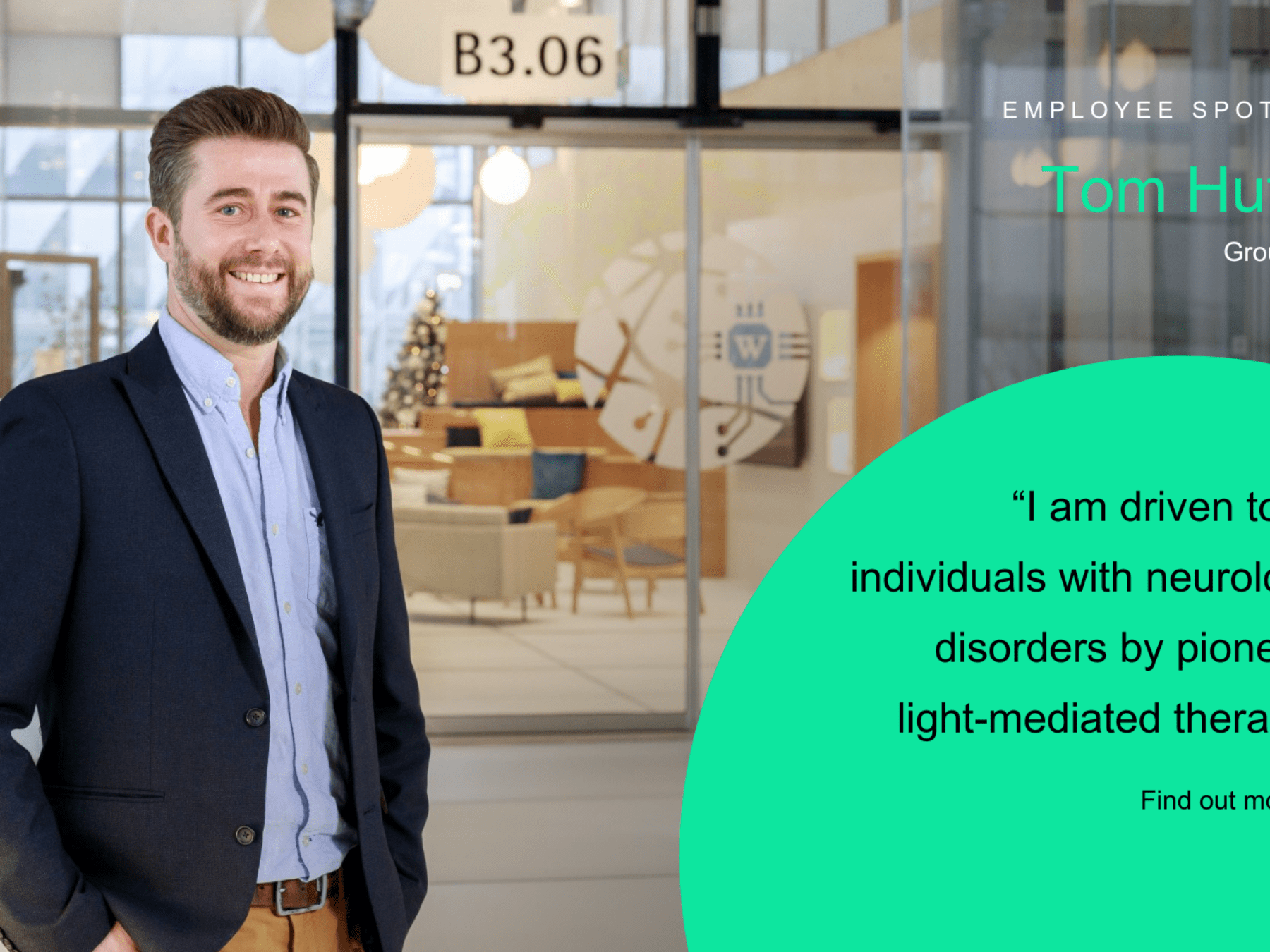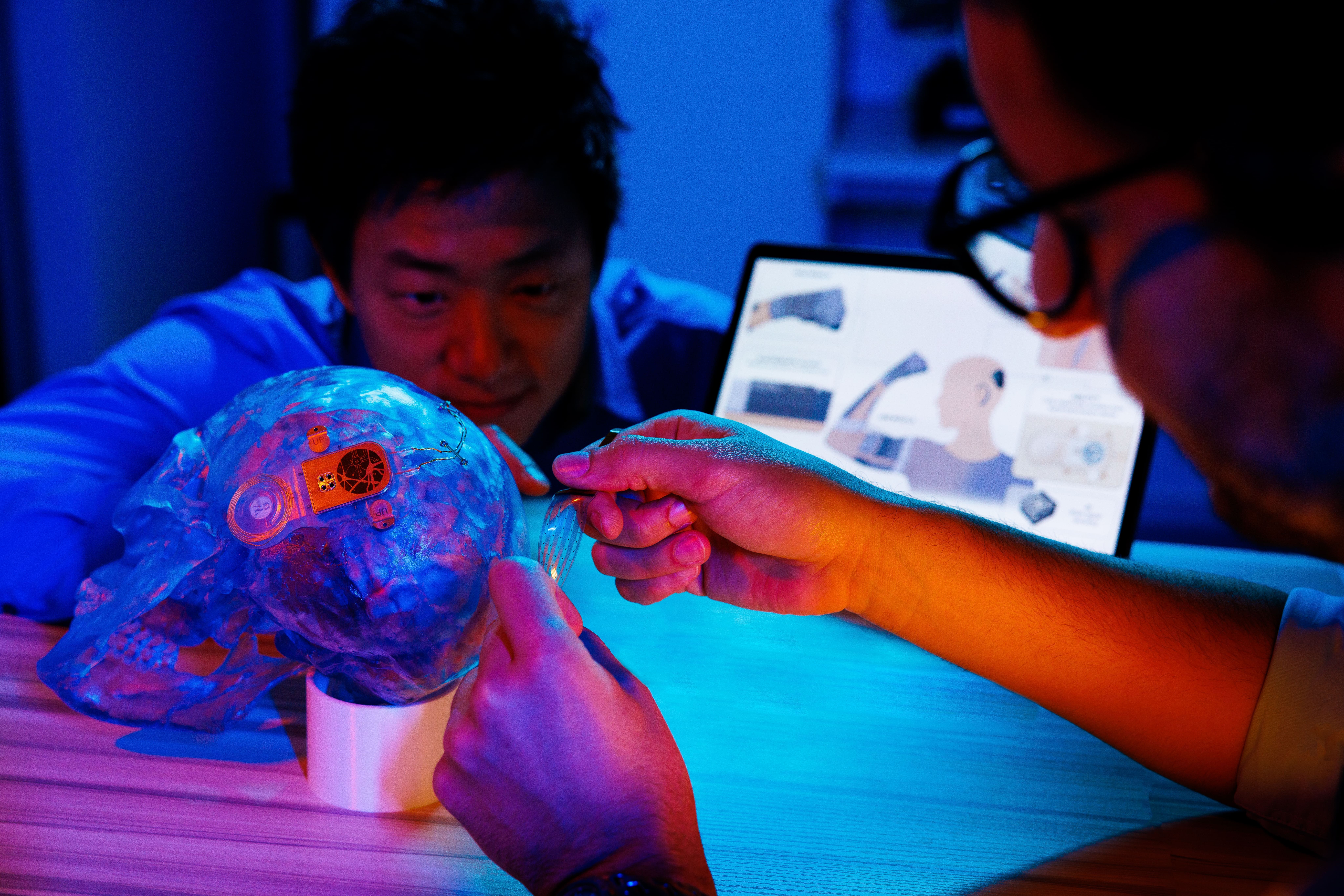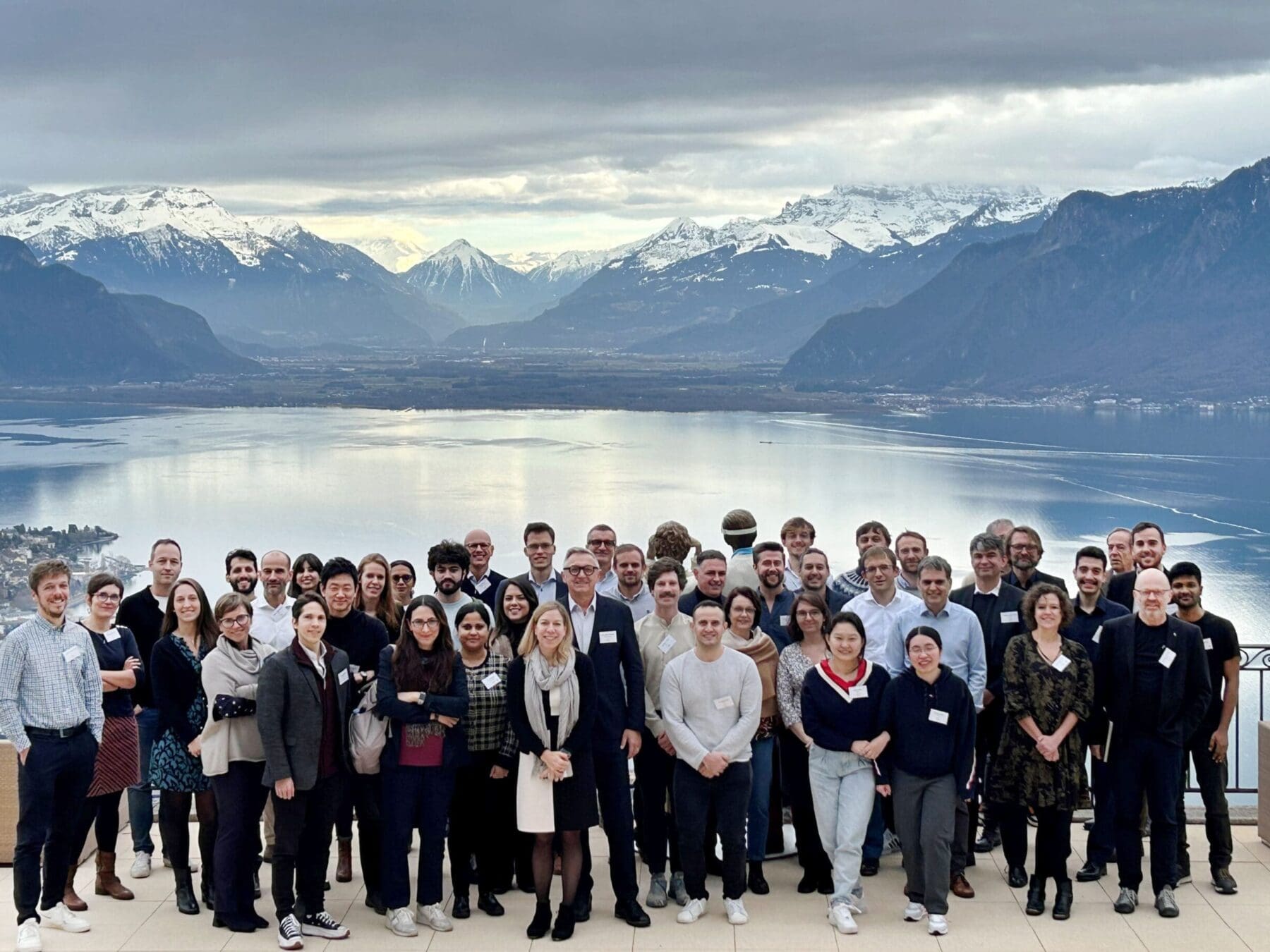The Lighthouse Partnership

Imagine how much more is possible when we all work together to advance the discovery of novel technologies to treat neurological disorders ?
What is the Lighthouse Partnership?
The Lighthouse Partnership is a groundbreaking inter-institutional cooperation and collaboration aimed at accelerating translational research and development in the field of neurotechnology and artificial intelligence. The goal is to leverage interdisciplinary excellence present in the Lemanic Region to further innovate and accelerate novel cutting-edge neurotechnologies to treat neurological and mental health disorders.
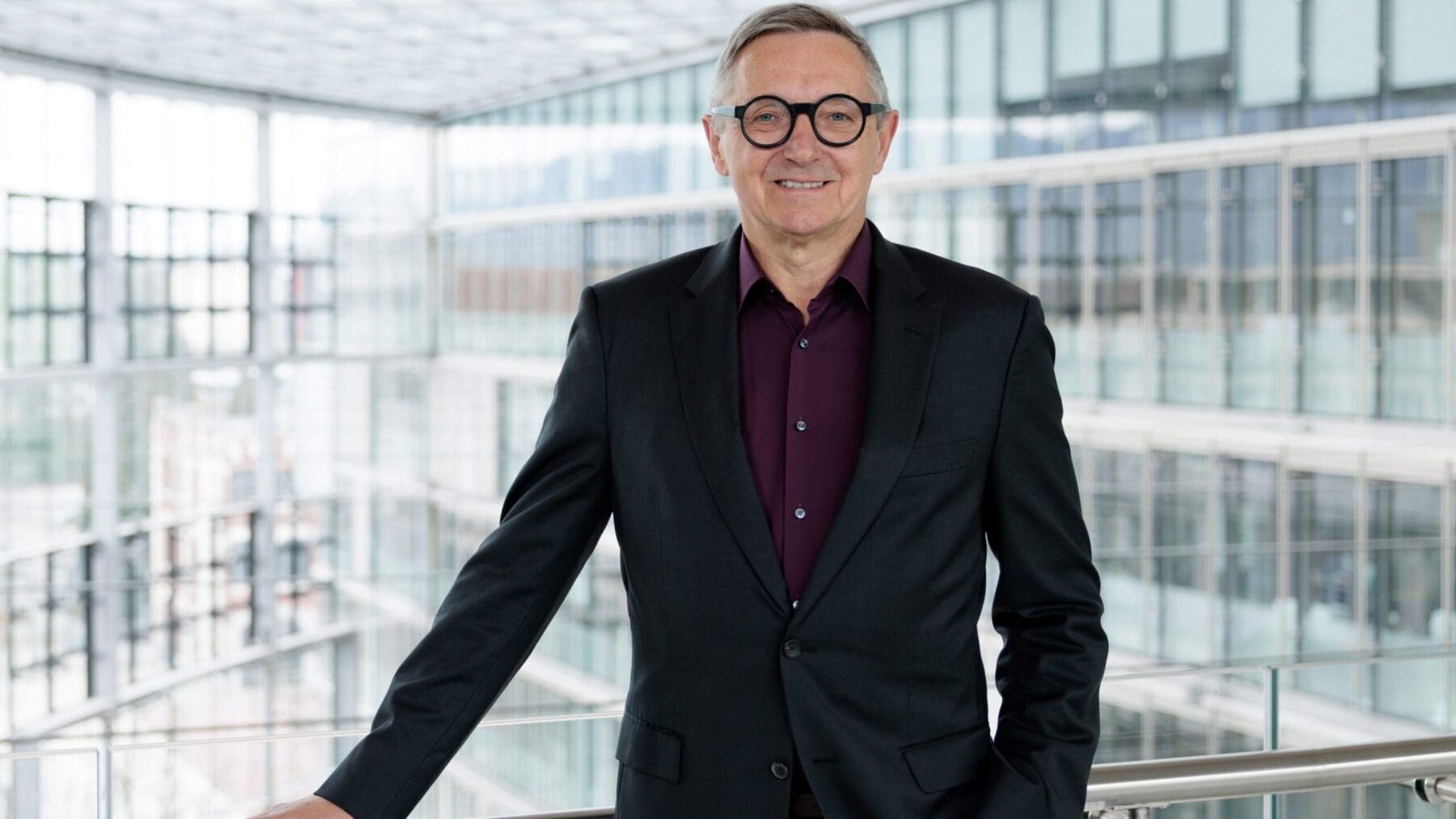
Erwin Böttinger, Director of the Wyss Center
"The Lighthouse Partnership exemplifies the Wyss Center's mission to innovate and accelerate promising technologies to improve the lives of people suffering from neurologic and mental health disorders."
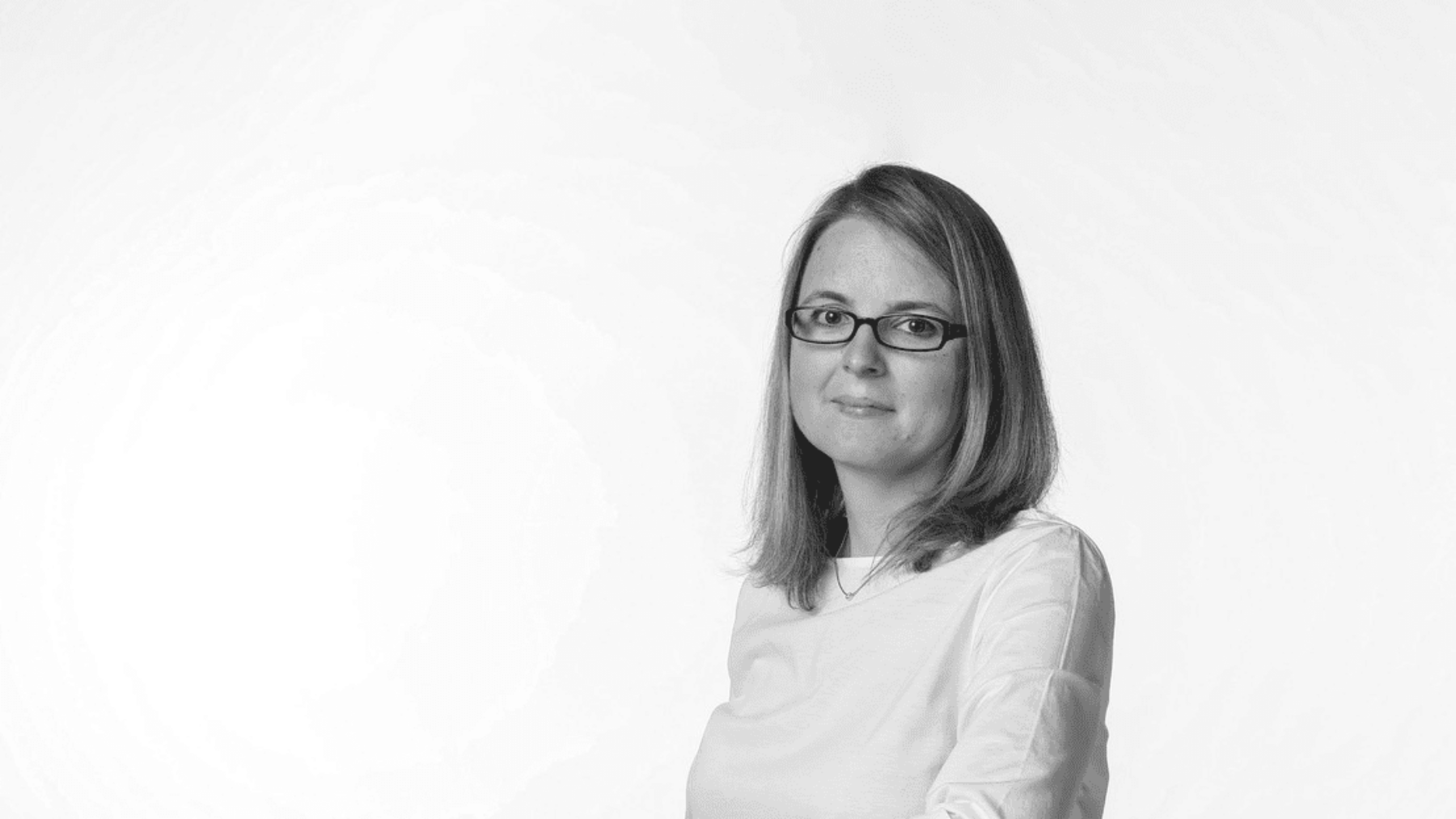
Stephanie Lacour, Director of EPFL-Neuro X Institute
"As a research institute exploring breakthrough neurotechnologies across a wide spectrum of potential use cases, we are looking forward to the unique translational capabilities of the Wyss Center to advance our most mature technologies into the clinic."
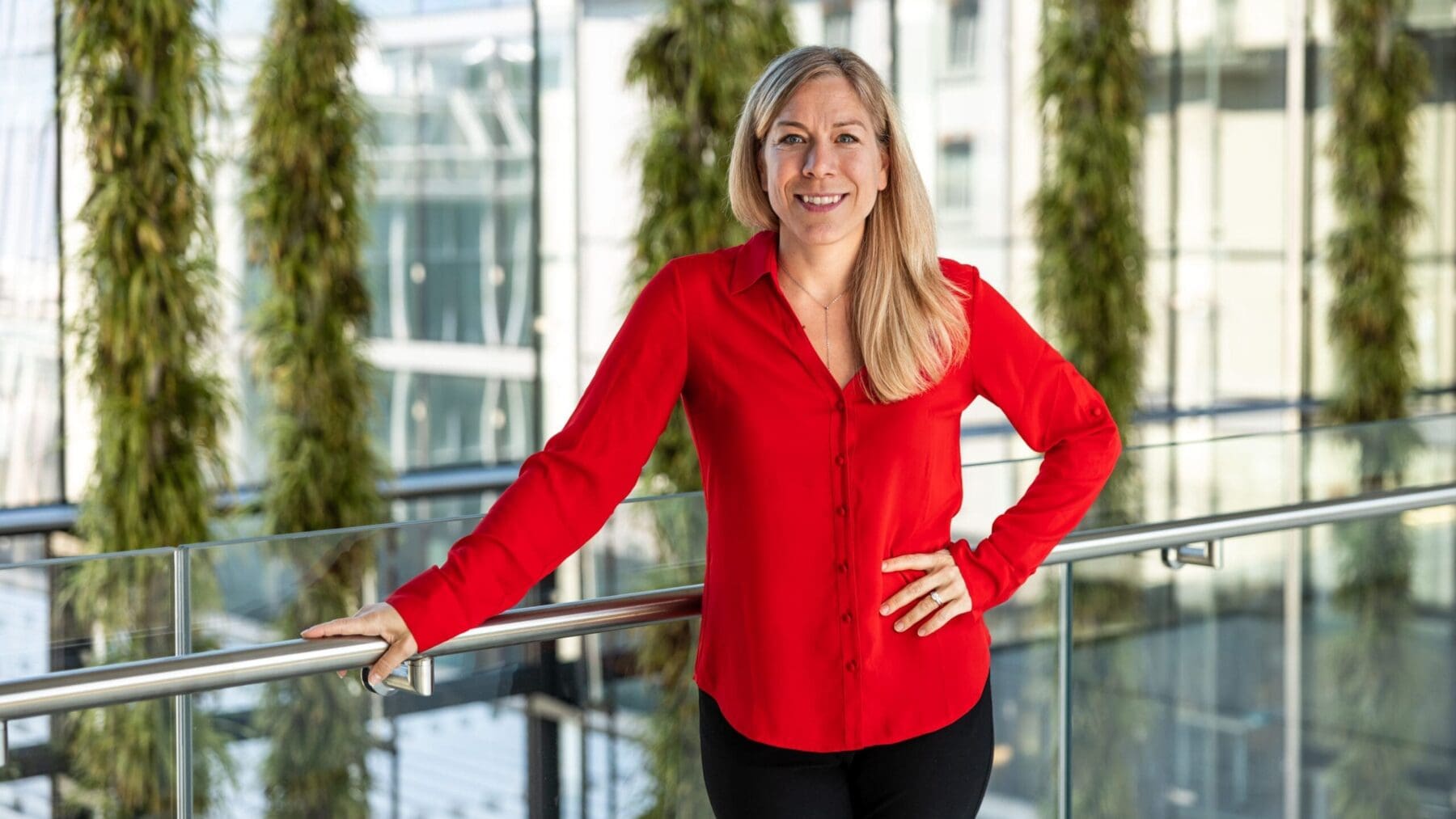
Tracy Laabs, Head of Special Programs & Development and Coordinator of the Lighthouse Partnership at the Wyss Center
“We are excited to launch the Lighthouse Partnership with our outstanding university partners to drive the development of disruptive neurotechnologies. By combining artificial intelligence and novel neuromodulation techniques, we aim to target deep brain structures non-invasively, advance a brain-spine interface for paralysis, and innovate peripheral nerve therapies”
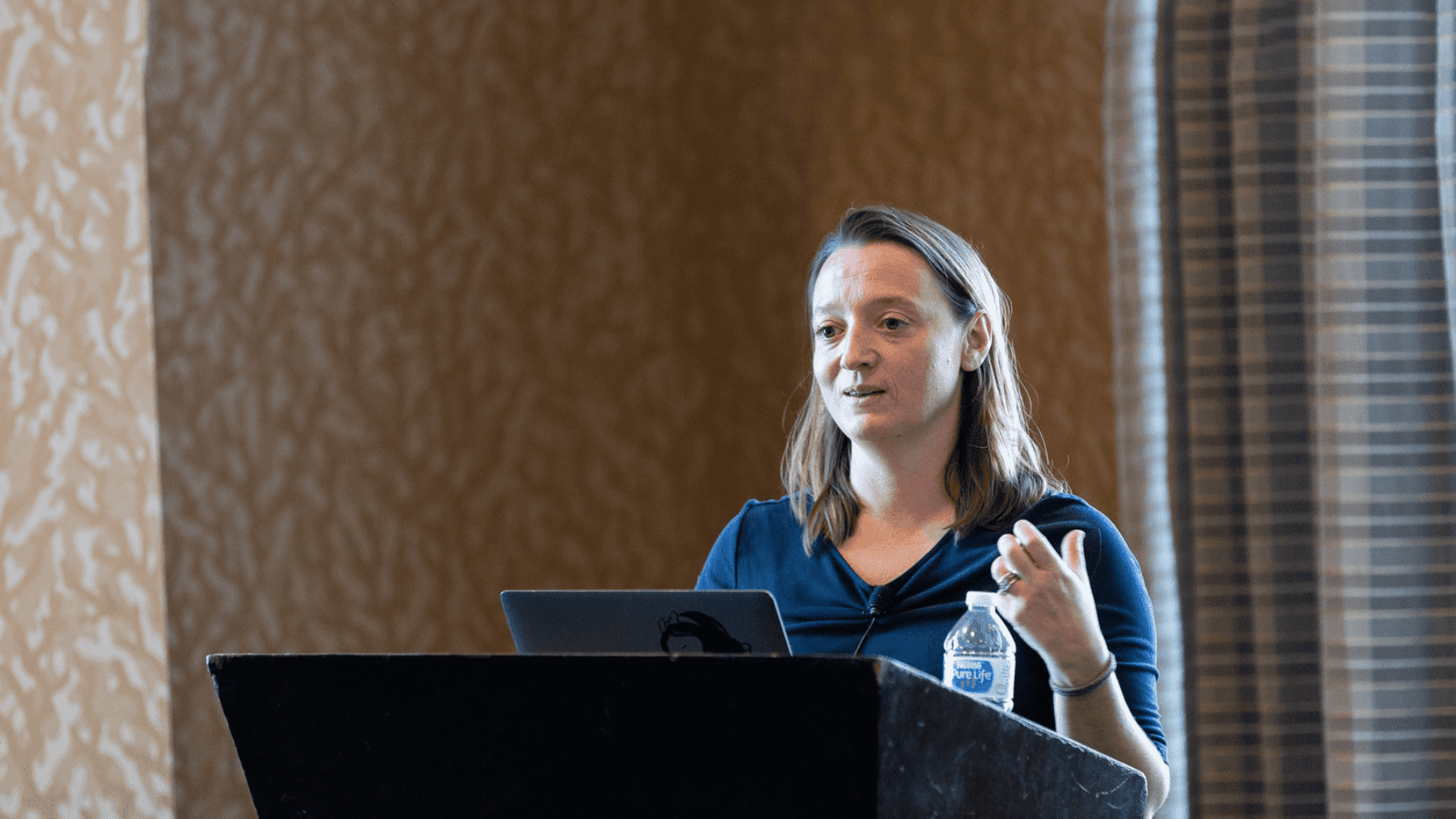
Camilla Bellone, Director of the Synapsy Centre for Neuroscience and Mental Health, University of Geneva
“UNIGE with its world-class neuroscience researchers is proud to be a partner in this initiative to raise the position of neuroscience and neurotechnology in Western Switzerland."
Why does it matter?
The impact of deaths and disability caused by neurological disorders is increasingly being recognized as a global public health challenge, and this burden is set to rise during the next few decades as a result of an aging population. Around 165 million Europeans are living with a brain disorder, and it is estimated that one in three people will suffer from a neurological and/or mental disorder at some point in their lives. It is increasing clear that novel treatments using recent advances in artificial intelligence, neuroscience and neurotechnology are urgently needed to address this challenge.
What is the partnership about?
The Lighthouse Partnership represents a new approach to inter-institutional cooperation and collaboration at Campus Biotech in Geneva. It brings together the non-profit Wyss Center and academic institutions such as the Neuro X Institute of the École Polytechnique Federal Lausanne, the Synapsy Centre for Neuroscience and Mental Health research of the University of Geneva (UNIGE), and clinical partners (Hôpitaux universitaires de Genève (HUG) and Lausanne University Hospital (CHUV)) that provide clinical inputs as well as the interface with patient populations.
By establishing interdisciplinary collaborations between 30+ leading scientists, engineers, researchers, and clinicians in the fields of neuroscience, engineering, computer science, and medicine, the Lighthouse Partnership promises new avenues for the development of cutting-edge AI-guided neuromodulation therapies.
What does the partnership aim to achieve?
The partnership will initially focus on advancing the development of three translational projects at the intersection of circuit neuroscience, neuroengineering and neuro-AI:
- Non-invasive neuromodulation of subcortical structures for neuropsychiatric disorders that leverage AI to enable precision treatments.
- A Brain-Spine digital bridge to advance the next generation of the technology that will bridge the brain and spinal cord to overcome paralysis.
- Minimally-invasive optogenetic therapy for peripheral Nerve Disorders for people living with spasticity.
Partners have committed to focus on furthering joint research and development for the next four years on these three strategic projects. It is anticipated that start-ups and strategic partnerships will enable technologies and therapies developed through this partnership to reach the clinic. The Wyss Center has committed to provide CHF 18M funding over four years to accelerate translational technologies for industry partnerships and clinical impact.
